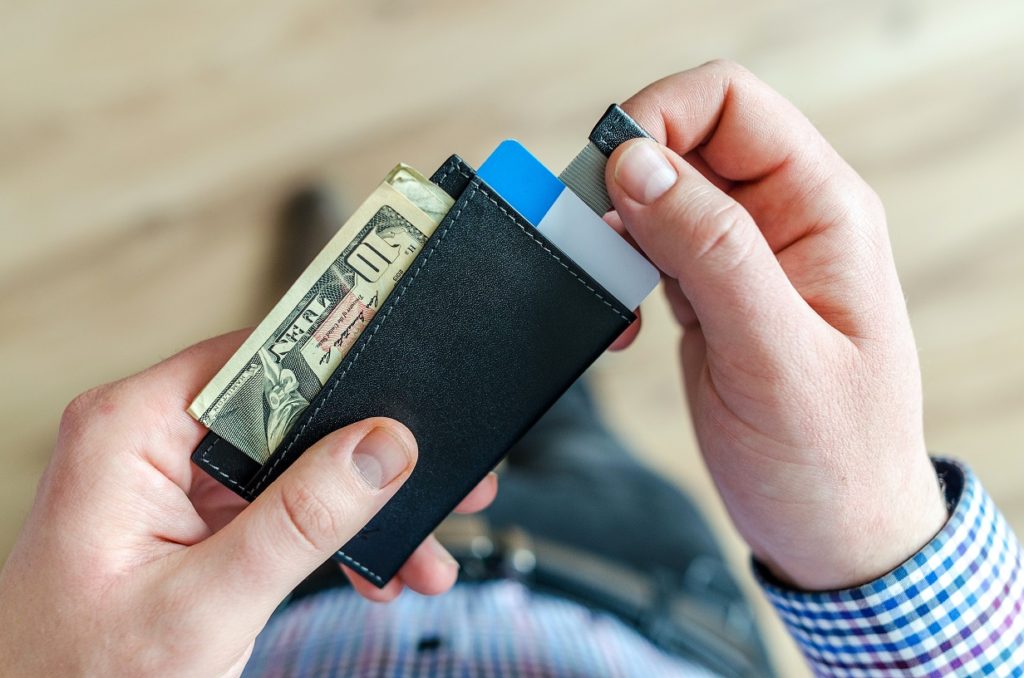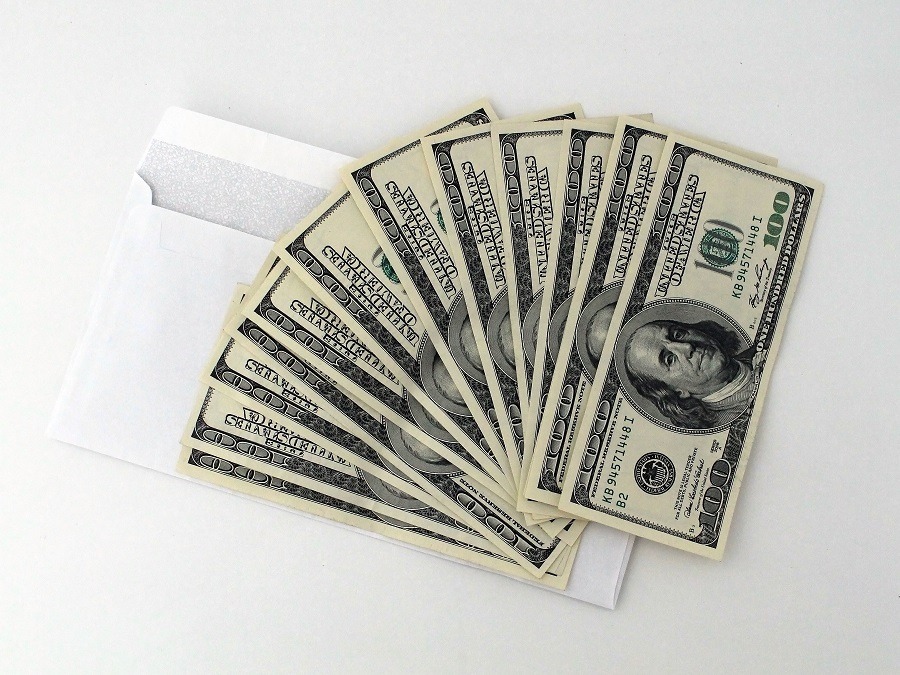If you have bad credit, you might be accustomed to hearing the word “no.” No, you don’t qualify for the low-interest rate to buy that car you’ve been eyeing. No, the bank won’t give you a high-limit credit card. No, you can’t secure a loan that would give you an affordable monthly mortgage. It’s enough to make you throw your hands up in financial surrender.
Don’t give up yet, though. Even if you’ve overspent or forgotten a few payments, there’s light at the end of the tunnel! Your credit score can rebound. It won’t happen overnight, and it will require some work. If you put in the effort; however, you can escape from the financial cage.
Follow these seven tips, and you could earn top marks from the credit bureaus.
Get a Credit Builder Card

When it comes to paying for things “with plastic,” you should know not all credit cards are alike. Banks use your credit history and income level to decide whether to give you an unsecured account. That means if you have a less-than-stellar credit score (below 670), you’ve already lost half the battle. Convincing the bank to give you a card will be an uphill struggle.
Take a deep breath; you can likely qualify for a credit builder card. Think of it like a prepaid debit card, only better. A credit builder card reports your on-time payments to the credit bureaus and thus boosts your score.
Using them is easy. Load the card with your own funds; this acts as a security deposit and also becomes your spending limit. Use the card just like you would a regular one. Pay the balance when it’s due, and your credit score will begin inching upward.
Get a Store Credit Card
When you buy new clothes or gadgets, many cashiers ask whether you want to apply for a store credit card. Instead of waving them off, consider it. The applications are quick and easy, so sign up and see what happens.
Store cards tend to have higher interest rates than bank cards, so keep that in mind when making purchases. Unlike bank cards, though, store cards usually have lower spending limits. So it will be harder to rack up a balance that’s difficult to clear. The upshot here is that getting approved for a store card is usually easier, helping you show purchase-payment activity faster.
Keep Track of Due Dates

You know the bills come due every month, but keeping up with due dates can be tough. Between your job, your family, and volunteer work or school, a “pay by” date can slip right by you. If you find yourself overlooking the 1st or the 15th of the month, you need an automated solution.
Bill payment alerts that ping your phone or computer can be your new digital best friend. Set them to pop up a few days before you must submit payment. Then, you can kiss late fees and missed payments goodbye. Without them, your credit score will be a good deal higher.
Become an Authorized User
Rebuilding your credit doesn’t have to be a solo endeavor. Get your family and trusted friends involved in recapturing your good credit. They can make you an authorized user on one of their cards. That gives you permission to make purchases, while they carry responsibility for ensuring on-time payments.
You can even benefit without buying anything yourself. As an authorized user, you get a boost from both their credit score and their timely payments. Simply linking to someone with better credit gives yours a bump in the right direction.
Sign Up for Fewer Credit Pulls
Each time you apply for credit, your bank or the company needs to see your score. This inquiry gives them a detailed look at your credit history. Soft inquiries, like applying for a preapproved card, won’t ding your score. However, hard pulls, like a brand-new credit card application, can shave off a few points. They also linger on your credit report for two years.
Keep in mind that too many hard or soft pulls can be a warning sign. If you apply for too many credit cards at once, banks might think you’re strapped for money. You could look like a risky customer, leading to denied applications and a lower credit score.
Fortunately, you have some control here. Instead of applying for every credit card you can, be selective.
Maximize a Short Credit History

Your credit history largely determines your credit score. When you’re younger and have made fewer payments, your history will be pretty short. That’s OK. Work with what you have to highlight your financial trustworthiness.
Take advantage of some free tools that will follow your financial performance and share it with the credit bureaus. For example, Rent Track monitors your rent payments and shares the information with the bureaus. Experian Boost reports your banking history and utility payments. Your online bill pay and banking history, plus your checking and savings accounts can boost your score through UltraFICO.
Bundle Your Debt
If you’re faced with a stack of bills, it can feel overwhelming. When there are too many, paying them off can feel impossible. It’s also a lot easier to let one (or two, yikes!) fly under your radar. Be careful, though, because that’s a long-term hit to your score. To make it all easier, consider creating one big ball of debt.
Consolidating debt condenses it into a single lump sum. It initially knocks a few points off your credit score, but that’s short-lived. With only one place to pay, you’ll do a better job of being on time. So you start rebuilding your credit score sooner while getting your debt under control.
WE SAID THIS: Actually rebuilding your credit will take time, so it’s a good idea to get started now. Taking these steps is the easy part. Whatever your financial goal is, a good credit score is a powerful tool to help you get there.



